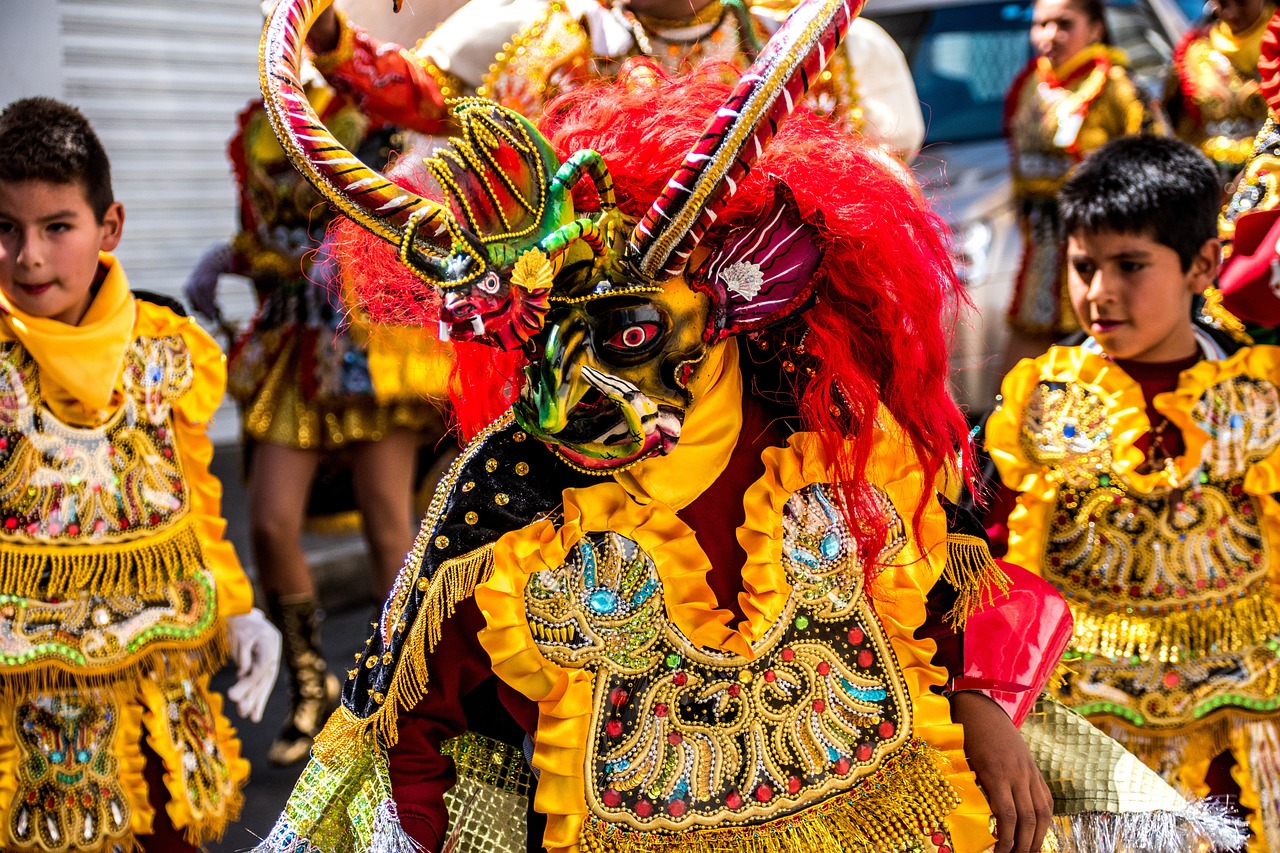As a member state of the Bolivarian Alliance for the Peoples of Our America – Peoples’ Trade Treaty (ALBA-TCP), Bolivia is a nation rich in ancestral culture, which is the essence of the Plurinational State of Bolivia.
The South American country, whose name derives from Venezuela’s Liberator Simón Bolívar, joined the regional bloc in 2006.
In 2019, Bolivia temporarily withdrew from the alliance but rejoined in 2020. Today, it remains one of the nations supporting the 2030 agenda of the Alliance.
Bolivia, with Sucre as its constitutional capital, is located in the central-western region of South America. It is divided into nine departments and 112 provinces, with a population predominantly made up of Indigenous peoples and those of mixed European descent.
The capital is La Paz, where the executive branch, led by President Luis Arce, alongside the legislative and electoral powers, is located. However, the most populous city is Santa Cruz de la Sierra.
An Indigenous nation
Bolivia is home to 36 officially recognized Indigenous groups, with the Quechua and Aymara peoples forming the largest populations in the western Andes. In the eastern lowlands, the Chiquitano, Guaraní, and Moxeño peoples are among the most numerous of the 34 Indigenous groups living in this region.
According to the latest census by Bolivia’s National Institute of Statistics in 2012, the country had a population of approximately 10.1 million.
Natural wealth and high-altitude tourism
Like other ALBA-TCP countries, Bolivia’s economy is largely driven by natural resource extraction, particularly gas and mining.
The Plurinational State, situated at 3,869 meters above sea level, holds the second-largest natural gas reserves in South America. Agriculture has also seen significant growth, especially in the eastern provinces.
Tourism is another key economic sector, contributing 2.33% to the country’s gross domestic product (GDP), according to Bolivia’s Ministry for Productive Development and Plural Economy.
Bolivia, with its rich cultural and natural heritage, expresses its identity through numerous patron saint festivals, cultural celebrations, and music festivals. These events play a crucial role in shaping the country’s image as a tourist destination.
The Plurinational State of Bolivia is committed to capturing the spirit of its people by promoting local initiatives aimed at protecting and recognizing cultural expressions with tourist appeal. This includes highlighting Bolivia’s diverse gastronomy, rituals, and music.
Some of these notable celebrations include the Alasita Festival (La Paz), Las Comadres, Señor de Malta, the Abril Integral Culture Festival, and the International Festival of Renaissance and Baroque Music, among others.
In addition to its vibrant cultural expressions, Bolivia boasts iconic tourist destinations such as the Uyuni Salt Flats, Tihuanaco, and Cochabamba.
Bolivia, a nation that embraces the integration of its peoples, remains steadfast in preserving its cultural heritage and honoring the Indigenous communities that are an integral part of its identity.
